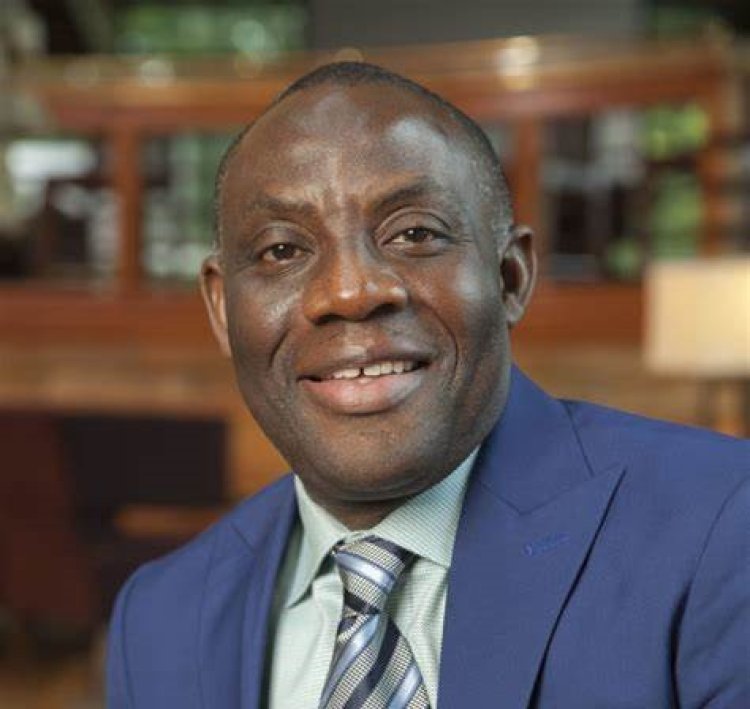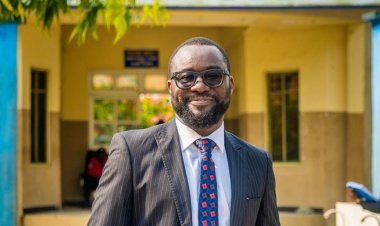Nigeria's Ambitious Plan to Double the Number of Doctors and Healthcare Professionals

The Nigerian government has embarked on an ambitious plan to double the number of medical and dental doctors in the country, aiming to increase the population of healthcare professionals from 5,000 to 10,000 in the next academic year. This strategic move is aimed at addressing the shortage of healthcare workers in Nigeria and discouraging the exodus of licensed doctors and health professionals to more developed countries. The shortage of healthcare professionals, particularly doctors, has been a longstanding issue in Nigeria. With just over 3,000 doctors produced annually, the country has struggled to meet the healthcare needs of its growing population. To tackle this challenge, the Minister of State for Health and Social Welfare, Dr. Tunji Alausa, outlined the government's plan to significantly increase the rate of production of health workers.
Dr. Alausa emphasized that the government's efforts would not be limited to doctors alone. Instead, they would be extended to all other healthcare professionals, including pharmacists, nurses, physiotherapists, community health extension workers, radiographers, and more. While this expansion will occur in phases, the overarching goal is to create a healthcare workforce that can address the diverse and complex healthcare needs of the population. The shortage of healthcare workers is not unique to Nigeria; it is a global challenge. According to Dr. Alausa, there is an estimated shortage of 18 million healthcare professionals worldwide. This underscores the significance of Nigeria's initiative to bolster its healthcare workforce, not only to meet domestic demands but also to contribute to addressing the global healthcare manpower deficit.
One critical aspect of the government's plan is to make the healthcare environment in Nigeria more attractive to healthcare professionals. By offering better working conditions, competitive salaries, and improved career opportunities, the government hopes to discourage doctors and healthcare workers from seeking employment abroad. Retaining skilled professionals within the country is essential for strengthening the healthcare system.
Dr. Alausa also highlighted the government's commitment to advocating for more funding for the health sector. Adequate funding is crucial for training and equipping healthcare professionals, upgrading healthcare facilities, and expanding healthcare services. Additionally, the government aims to leverage international grants and funding to enhance the healthcare sector's capacity further.
Nigeria's plan to double the number of doctors and healthcare professionals represents a significant step towards addressing the country's healthcare workforce shortage. By expanding opportunities across various healthcare professions and creating a more appealing work environment, the government aims to retain talent within the country and enhance healthcare services for its citizens. This initiative not only has domestic implications but also contributes to the global effort to address the shortage of healthcare manpower.

 peace francis 1
peace francis 1 



